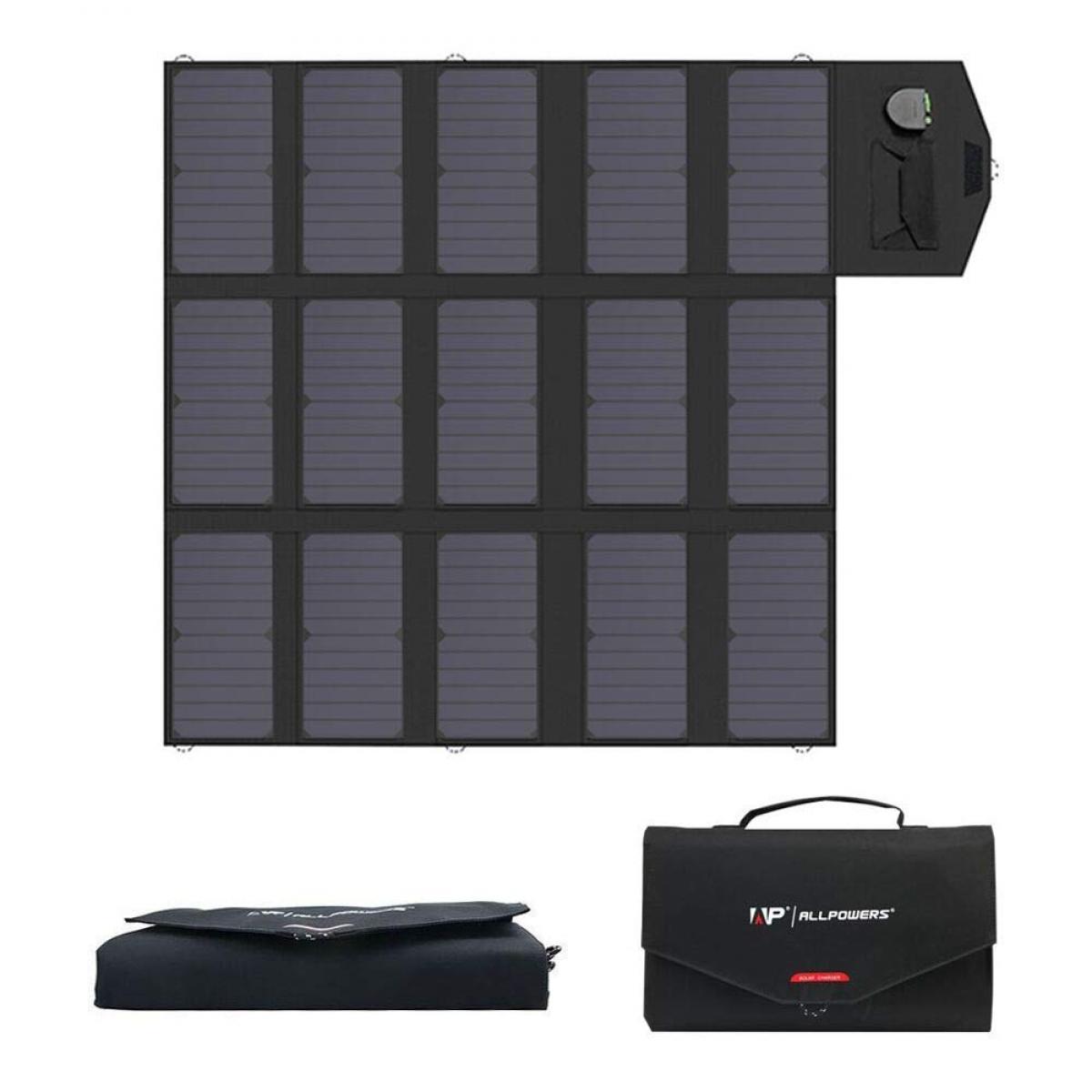How Much Do Solar Panel Batteries Cost?
As the world increasingly shifts towards renewable energy sources, solar power has emerged as a leading contender in the quest for sustainable energy solutions. One of the critical components of a solar power system is the solar panel battery, which stores the energy generated by solar panels for use when the sun isn't shining. However, a common question among potential solar energy adopters is: "How much do solar panel batteries cost?" This article aims to provide a comprehensive overview of the costs associated with solar panel batteries, the factors influencing these costs, and the potential financial benefits of investing in solar energy storage.

Understanding Solar Panel Batteries
Before diving into the costs, it's essential to understand what solar panel batteries are and their role in a solar power system. Solar panel batteries, also known as solar energy storage systems, store the excess electricity generated by solar panels during the day. This stored energy can then be used during the night or on cloudy days when solar panels are not producing electricity. By storing and using this energy, homeowners and businesses can reduce their reliance on the grid, lower their electricity bills, and increase their energy independence.
Types of Solar Panel Batteries
There are several types of solar panel batteries available on the market, each with its own set of advantages and disadvantages. The most common types include:
1. Lead-Acid Batteries: These are the oldest and most established type of solar battery. They are relatively inexpensive but have a shorter lifespan and lower efficiency compared to newer technologies.
2. Lithium-Ion Batteries: These are the most popular type of solar battery today. They offer higher efficiency, longer lifespan, and better performance than lead-acid batteries. However, they are also more expensive.
3. Flow Batteries: These are a newer technology that offers the potential for longer lifespans and greater scalability. They are still relatively expensive and less common in residential applications.
4. Nickel-Cadmium Batteries: These are durable and can operate in extreme temperatures, but they are less efficient and more expensive than lead-acid batteries.
Factors Influencing the Cost of Solar Panel Batteries
Several factors influence the cost of solar panel batteries, including:
1. Battery Capacity: The capacity of a battery, measured in kilowatt-hours (kWh), determines how much energy it can store. Larger capacity batteries are more expensive but can store more energy, providing greater energy independence.
2. Battery Type: As mentioned earlier, different types of batteries come with different price tags. Lithium-ion batteries, for example, are more expensive than lead-acid batteries but offer better performance and longevity.
3. Brand and Quality: The brand and quality of the battery also play a significant role in its cost. High-quality batteries from reputable manufacturers tend to be more expensive but offer better performance and reliability.
4. Installation Costs: The cost of installing a solar battery can vary depending on the complexity of the installation and the labor rates in your area. Professional installation is recommended to ensure the system is set up correctly and safely.
5. Incentives and Rebates: Government incentives, rebates, and tax credits can significantly reduce the overall cost of a solar battery system. These incentives vary by location and can make a substantial difference in the final price.
Average Costs of Solar Panel Batteries
The cost of solar panel batteries can vary widely based on the factors mentioned above. On average, here are the estimated costs for different types of solar batteries:
1. Lead-Acid Batteries: $200 to $800 per kWh
2. Lithium-Ion Batteries: $500 to $1,200 per kWh
3. Flow Batteries: $700 to $1,500 per kWh
4. Nickel-Cadmium Batteries: $600 to $1,000 per kWh
For a typical residential solar battery system with a capacity of 10 kWh, the total cost can range from $5,000 to $15,000, including installation. It's important to note that these are average costs, and actual prices can vary based on the specific circumstances of each installation.
Financial Benefits of Solar Panel Batteries
While the upfront cost of solar panel batteries can be significant, there are several financial benefits that can make the investment worthwhile:
1. Reduced Electricity Bills: By storing and using solar energy, homeowners can reduce their reliance on the grid and lower their electricity bills. This can result in significant savings over the life of the battery.
2. Increased Energy Independence: Solar batteries provide a reliable source of backup power during grid outages, ensuring that you have access to electricity even when the grid is down. This can be particularly valuable in areas prone to power outages.
3. Incentives and Rebates: As mentioned earlier, government incentives and rebates can significantly reduce the cost of solar batteries. These incentives can vary by location, so it's essential to research the available options in your area.
4. Environmental Benefits: By using solar energy and reducing reliance on fossil fuels, solar batteries contribute to a reduction in greenhouse gas emissions and help combat climate change.
The cost of solar panel batteries can vary widely based on several factors, including battery capacity, type, brand, installation costs, and available incentives. While the upfront investment can be substantial, the long-term financial benefits, increased energy independence, and environmental advantages make solar batteries a worthwhile consideration for many homeowners and businesses.
As the technology continues to advance and become more affordable, the adoption of solar panel batteries is expected to grow, further driving down costs and making renewable energy more accessible to a broader audience. If you're considering investing in a solar battery system, it's essential to research your options, understand the costs and benefits, and take advantage of available incentives to make the most informed decision possible.
